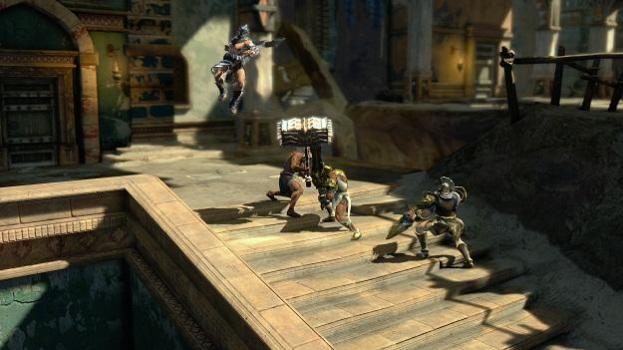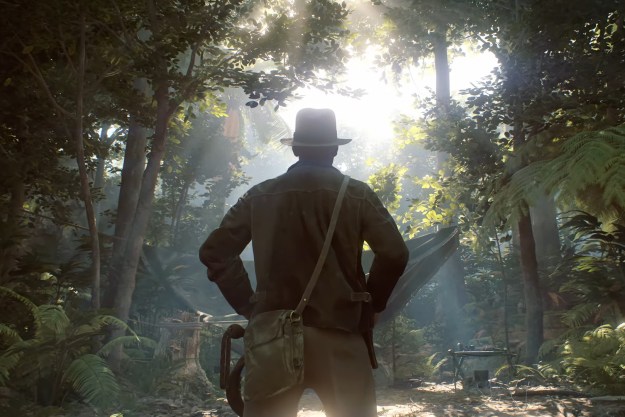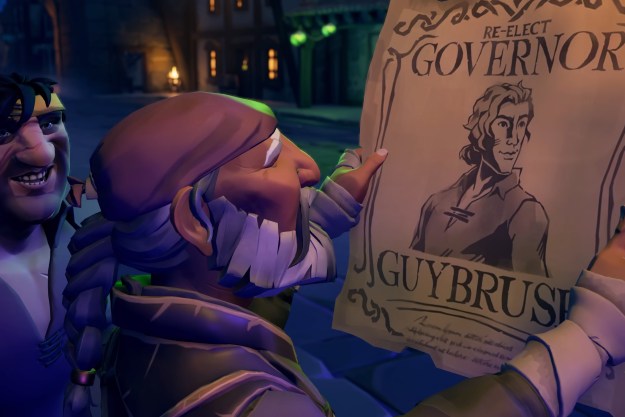
This month marks the eighth anniversary of our first glimpse at the birth of high definition gaming consoles. In April of 2005, Microsoft officially unveiled the Xbox 360, and the system was released that November. The PlayStation 3 followed a year later. While the physical game market has been in steady decline since 2009, the consoles have had their ebbs and flows but generally seen strong sales. In the past year, however, the consoles also saw their sales start to slip despite lifetime low prices, suggesting that this generation of consoles are on the way out. March 2013 provided further insight into audiences’ fatigue with the current machines, and even franchises that once fueled Xbox 360 and PlayStation 3 sales are sagging.
According to market analysts with investment firm Cowen & Company, Microsoft’s Gears of War series and Sony’s God of War have lost significant cache with gaming audiences. A note to investors estimated that those two series new games sold 425,000 and 360,000 copies respectively, staggeringly low totals when compared to debuts of previous entries in the series.
Consider Gears of War. Gears of War 3, released in September 2011, sold 3 million copies in its first month, and Gears of War 1 and 2 sold around 12 million copies between November 2006 and 2012. Even with People Can Fly developing Gears of War: Judgment rather than series creator Epic Games, the dip is absolutely shocking.
The same can be said of God of War: Ascension. That game was released almost exactly three years after its predecessor, God of War 3, plenty of time to drive fresh demand for the series. God of War 3 sold more than 1 million copies within days of release and went on to nearly triple that number by mid-2012. Yet Ascension debuted at half-mast by comparison.
There are mitigating factors to consider when examining these sales estimates. First, these totals and the stats compiled by research firm the NPD Group due later this week only refer to retail sales. Both Gears of War: Judgment and God of War: Ascension are available as downloads on their respective consoles. Both games were also positioned in a crowded schedule against major releases like BioShock Infinte and Tomb Raider, which Cowen peg as the victors of the month with 665,000 and 696,000 physical copies sold respectively. Both games were also prequels that followed the finale of a trilogy, and neither were able to critically outperform the previous entries in their respective series either.
Even with those circumstances influencing gamers’ spending habits, the dip in interest in these series so tied to the past success of their mutual platforms, demonstrates that 2013 truly is the end of an era.


